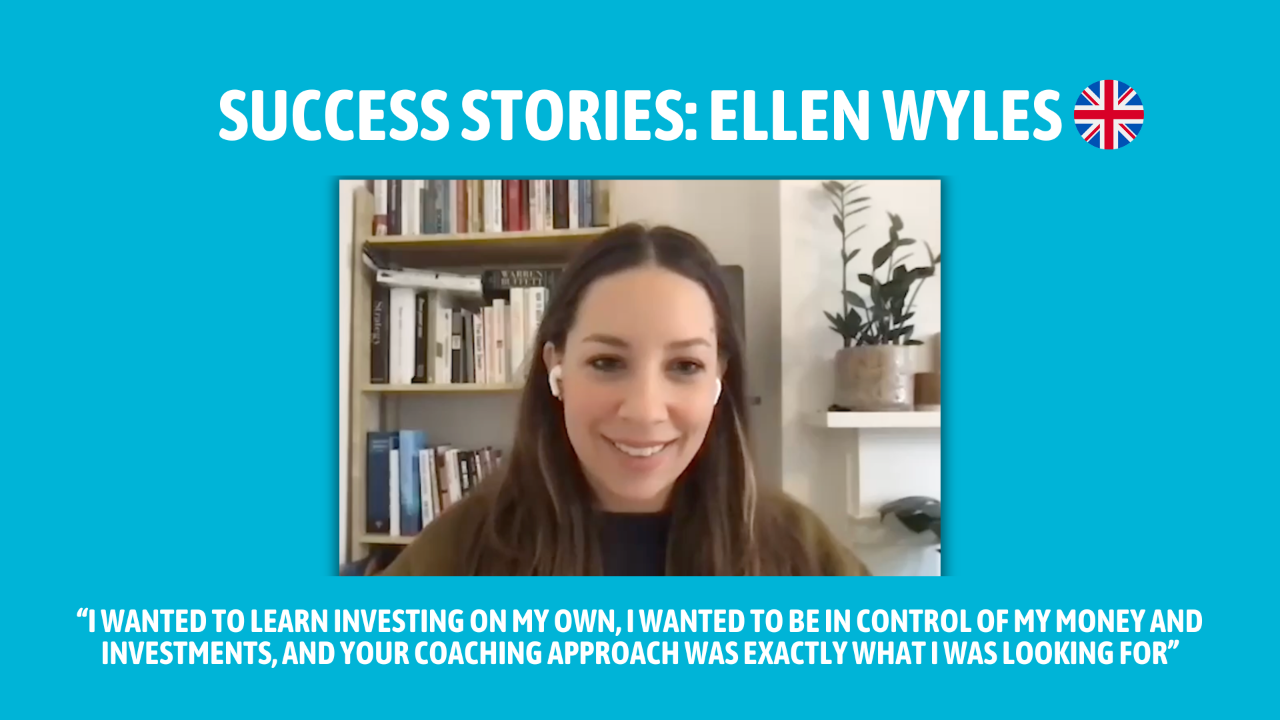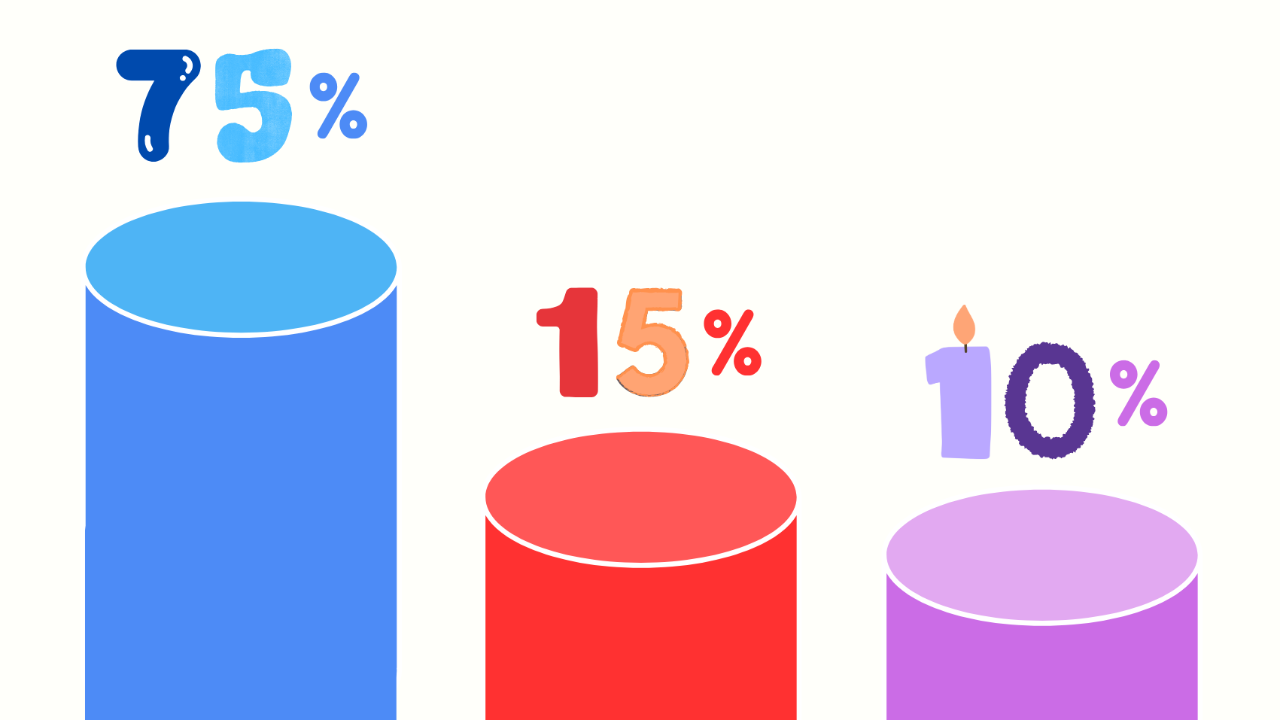
Should I Invest In Stock IPOs
Jul 30, 2023Hello Stoic Investors,
Today I want to talk about hot investments.
It’s easy to get led astray.
Great salesman exist in the investment world as well.
And they will try to convince you to park your money into terrible investments.
You’re probably thinking I’m talking about small crypto coins.
While they fit the profile, I have another thing in mind.
New stocks.
It’s easy to get excited when a new technology stock appears – promising to change the world.
These are the so-called IPOs.
And you will probably lose a lot of money if you invest in one.
What is an IPO?
An IPO is like a special event where a private company decides to become a public company. When a
company is private, it means that only a few people, like the founders and some investors, own shares of
that company. But when a company wants to grow and expand, it can choose to have an IPO.
During an IPO, the company offers its shares to the public for the first time. It's like inviting everyone to
become part owners of the company by buying shares. These shares represent ownership or a small piece
of the company.
When people buy shares during an IPO, they are investing their money in the company, hoping that the
company will do well in the future. If the company succeeds and its value goes up, the shares they bought
can become more valuable too.
IPOs can be exciting because they give regular people a chance to invest in companies they believe in. It's
like getting the opportunity to be an early supporter of a company you think will be successful.
For example, do you know IKEA?
That’s a cool company, right?
But you can’t invest in it yet.
However, if IKEA decides to do an IPO, you will be able to buy their shares.
While such announcements are exciting, they’re super risky!
IPOs are dangerous
In reality, few IPOs succeed. The business landscape is very competitive and usually, after the hype dust
settles, investors quickly realize that the road is harder and longer than the anticipated.
So, they sell. And as the price drops, investors struggle even more.
Here is an example from 2019.

That being said, here are five reasons why IPOs aren’t as good as you might think.
Lack of historical performance:
Unlike established companies, IPOs often have limited or no track record of financial performance, making it challenging to assess their future prospects accurately.
Volatility and price fluctuations:
IPO stocks can experience significant price swings and volatility in the early days of trading. According to a study by Renaissance Capital, IPOs in the U.S. between 2001 and 2020 underperformed the broad market by an average of 21% in their first three years.
Insider selling:
After an IPO, company insiders such as founders and early investors often have the opportunity to sell their shares. This can create downward pressure on the stock price, impacting investors' returns.
Overvaluation risk:
IPOs often generate significant investor interest, leading to potentially inflated valuations. According to a study by Jay Ritter, a finance professor at the University of Florida, IPOs from 1980 to 2019 had an average first-day return of around 18%, indicating potential overpricing.
Lack of information transparency:
Newly public companies may have limited public disclosure, making it challenging for investors to thoroughly evaluate their financial health and long-term prospects.
Warren Buffett once said: “The first rule of an investment is don't lose [money]. And the second rule of an
investment is don't forget the first rule. And that's all the rules there are.”
That being said, I think it’s better to see and wait if the new stock (and the underlying business) is actually
doing well before you jump into it. You can always grab it later.
So, note down these points:
1. An IPO is like a special event where a private company decides to become a public company
2. In reality, few IPOs succeed.
3. IPOs in the U.S. between 2001 and 2020 underperformed the broad market by an average of 21%
in their first three years.





